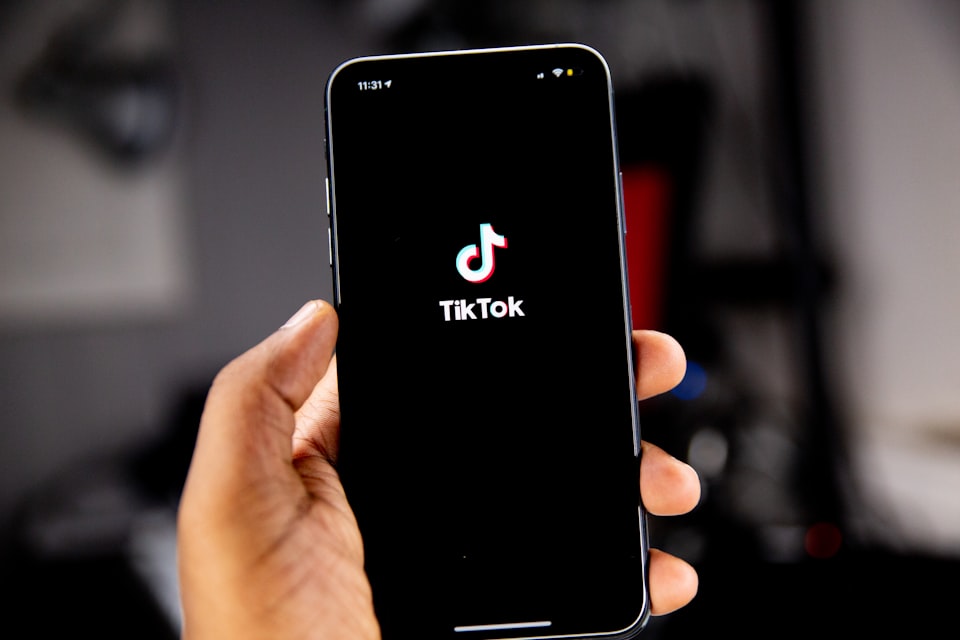In the World of Brands, David Rarely Kills Goliath.

The world of brands is a strange mythical universe.
When I first thought about this idea, I was in the middle of enjoying a Mark Ritson webinar. Popcorn in hand, smile on my face, and excited to hear his words of marketing wisdom punctuated by light obscenities at every second sentence.
You always learn something new from Mark. That time, my highlight was his big insight into the unfair advantage brand size (scale) offers in marketing.
It was music to my ears.
We read a lot about how new brands in every category continually disrupt the old established propositions; they steal market share and are the talk of the “marketing press.”
But how many small players manage to grow big? Really big! Are in the presence of a survivorship bias here? What if, for every small brand that makes it, 29 brands fail to take off? What if bidding on small brands is a high-return, low-probability event, similar to Venture Capital investments in entrepreneurs?
Regarding advertising, there is no magic in spending small to compete with the big guys.
Many public companies report marketing investment as a fixed percentage of brand sales, but the jury is still out on what is the right percentage. The less you spend, the fewer people you will reach, the fewer sales you drive, and the less your brand will grow. And if you are a small brand, that small percentage of a small percentage is pennies.
Why do we think that small brands have a magically easier path to growth? They don’t; there is one specific path to building brands: investing in them.
I often see huge expectations and tiny budgets.
In Mark Ritson's words, identifying when we mismatch our growth ambitions with our budget allocation should be a checkpoint for every smart marketer.
And yes, in the world of brands, a big brand will always have a more comfortable ride. The big brand will have the scale to generate the desired return, the size to invest in mass media, and will most likely win. In general.




